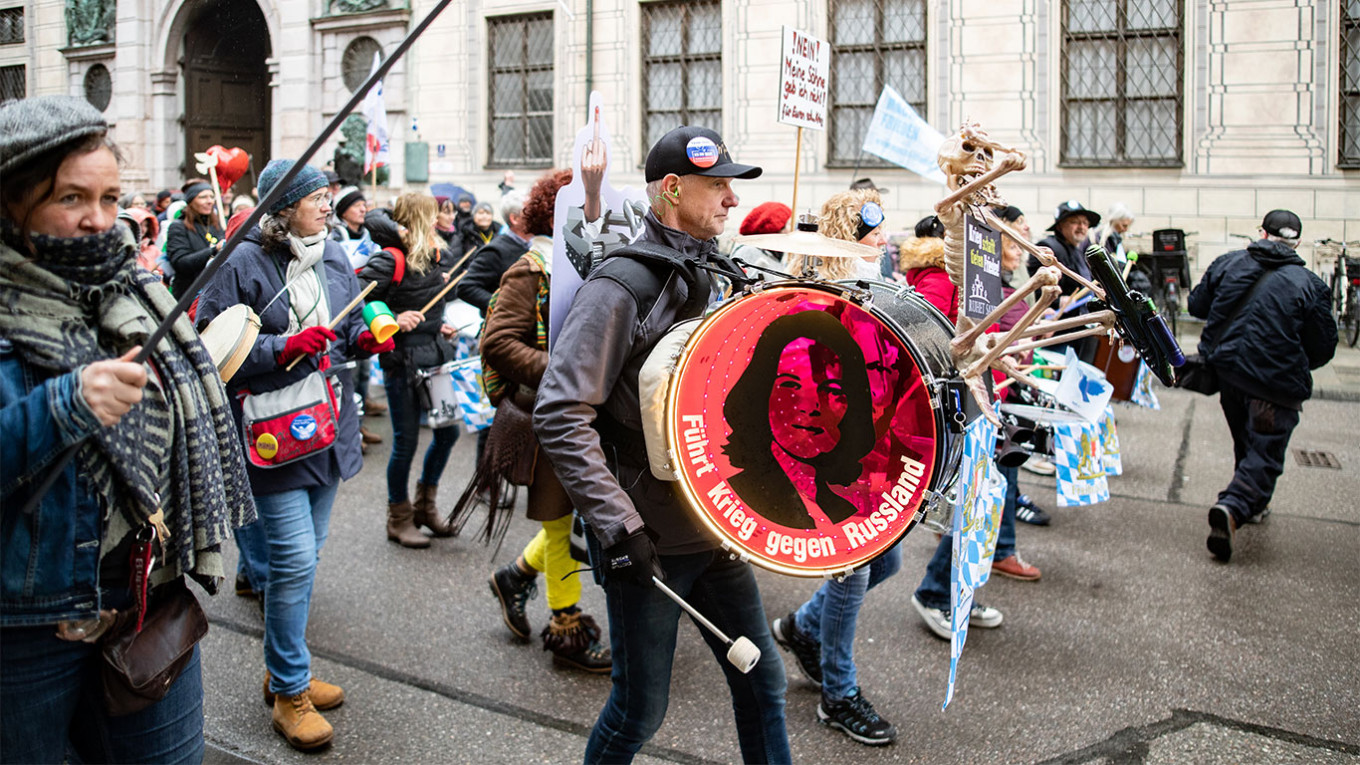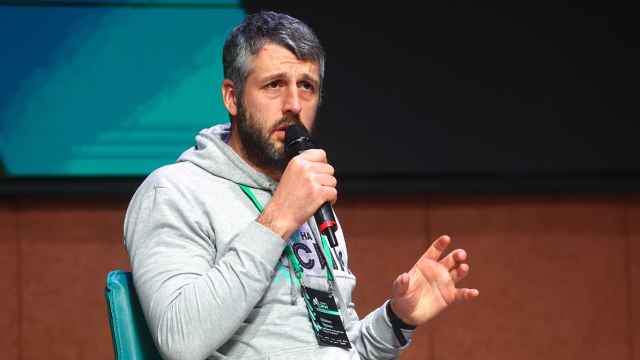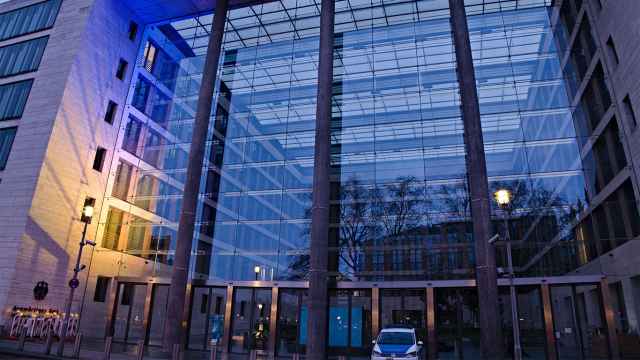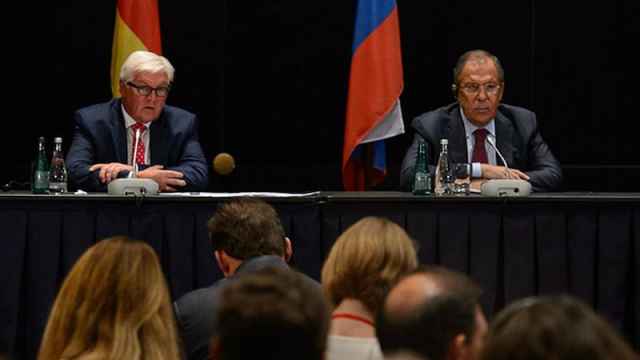The Kremlin attempted to sway German politicians to form an anti-war coalition as part of a broader strategy to weaken European backing for Ukraine, The Washington Post reported Friday.
Citing documents dated between July and November last year that were obtained by an unidentified European intelligence service, the publication said Kremlin deputy chief of staff Sergei Kiriyenko had ordered Russian political strategists at a July 13 meeting to “focus” on Germany.
A Sept. 9 document spelled out plans for uniting Germany’s leading far-left lawmaker Sahra Wagenknecht and the far-right Alternative für Deutschland (AfD) party under a common anti-war banner, WP reported.
The new coalition was intended to win “a majority in elections at any level,” according to documents.
Kiriyenko was said to have demanded the strategists boost the pro-Russia share of the German population by 10% within three months.
“This is going to be complicated,” one unnamed Russian strategist was quoted by WP as saying at the July meeting.
However, the strategists later informed the Kremlin of their progress in influencing users on social media, with documents from August showing them attempting to hijack anti-war protests across Germany by pushing pro-Russian slogans.
The materials cited by WP reportedly did not contain any records of communication between the Russian strategists and allies in Germany.
But Wagenknecht’s ex-husband Ralph Niemeyer continued to visit Russia following the February 2022 invasion of Ukraine, according to WP.
Niemeyer told journalists he received an encrypted phone during one of these trips so that he could communicate securely with Kremlin spokesperson Dmitry Peskov. He claimed that Peskov was “interested” in a Wagenknecht-AfD alliance.
“Peskov doesn’t openly speak about that,” Niemeyer said.
“But I know from private talks with these people they are aware of the potential this would have.”
Peskov denied claims of Russian interference in German affairs and attempts to undermine Western unity on Ukraine when contacted by WP.
“We never interfered before and now we really don’t have time for this,” he said.
A Message from The Moscow Times:
Dear readers,
We are facing unprecedented challenges. Russia's Prosecutor General's Office has designated The Moscow Times as an "undesirable" organization, criminalizing our work and putting our staff at risk of prosecution. This follows our earlier unjust labeling as a "foreign agent."
These actions are direct attempts to silence independent journalism in Russia. The authorities claim our work "discredits the decisions of the Russian leadership." We see things differently: we strive to provide accurate, unbiased reporting on Russia.
We, the journalists of The Moscow Times, refuse to be silenced. But to continue our work, we need your help.
Your support, no matter how small, makes a world of difference. If you can, please support us monthly starting from just $2. It's quick to set up, and every contribution makes a significant impact.
By supporting The Moscow Times, you're defending open, independent journalism in the face of repression. Thank you for standing with us.
Remind me later.






